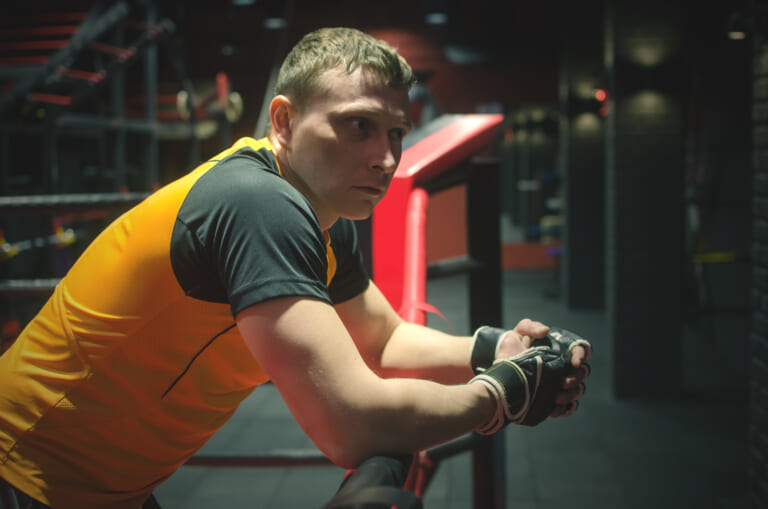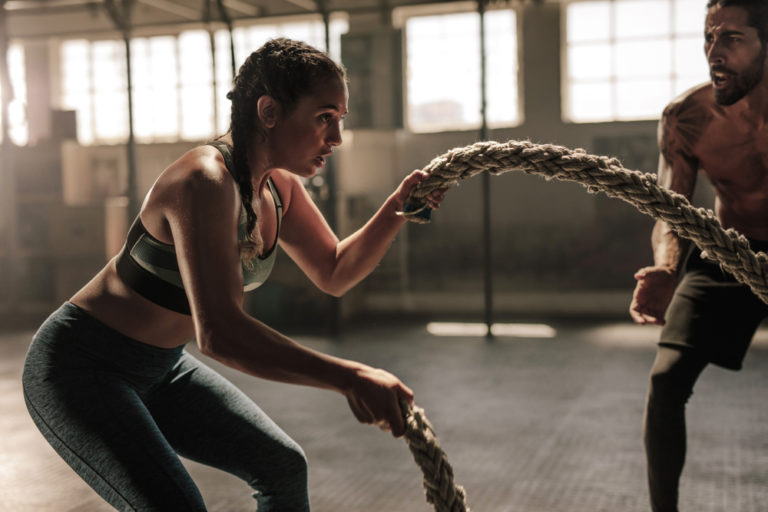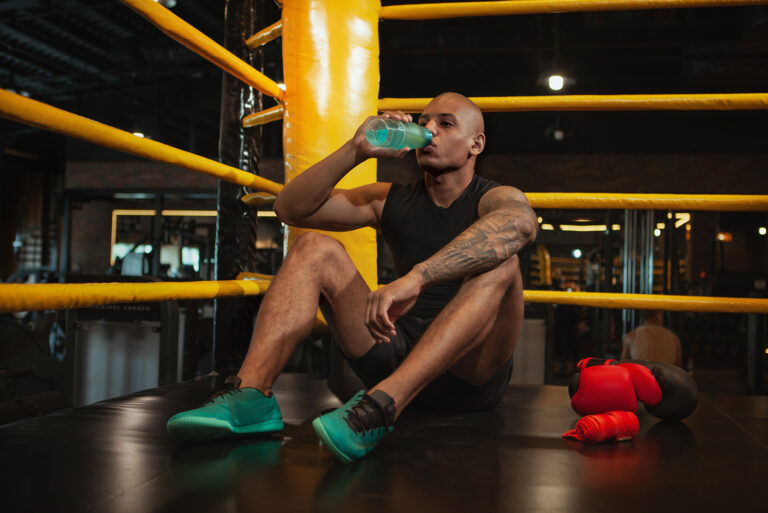When it comes to maximizing athletic performance, sports nutrition plays a crucial role. It’s not just about eating enough; it’s about choosing the right foods to support your training and recovery. Key vitamins and nutrients, such as Vitamin D for bone health, B vitamins for energy metabolism, and Vitamin C for immune support, are essential components of an athlete’s diet. In this article, we’ll delve into how proper nutrition for athletes impacts performance and provide practical advice on what foods can help athletes achieve their goals.
What Do Athletes Eat?
Athletes require a carefully balanced diet to meet their sports and training demands. Their meals typically include:
- Complex Carbohydrates: These are essential for providing sustained energy. Foods such as whole grains (brown rice, quinoa, and whole wheat bread), starchy vegetables (sweet potatoes and butternut squash), and legumes (beans and lentils) help maintain glycogen stores and support endurance.
- Lean Proteins: What do athletes also eat? Protein is vital for muscle repair and growth. Sources include lean meats (chicken, turkey, and lean cuts of beef), fish (salmon and tuna), dairy products (Greek yogurt and cottage cheese), and plant-based proteins (tofu, tempeh, and legumes). Protein shakes and bars can be convenient for post-workout recovery.
- Healthy Fats: Fats are crucial for long-term energy, hormone production, and cellular health. Incorporate sources like avocados, nuts (almonds and walnuts), seeds (chia and flaxseeds), and oils (olive oil and coconut oil) into your diet.
- Fruits and Vegetables: Fresh fruits and vegetables packed with vitamins, minerals, and antioxidants answer the question,” What foods should athletes eat?” Berries, for instance, are rich in antioxidants that help reduce inflammation, while leafy greens provide essential vitamins and minerals.
How Does Good Nutrition Relate to Exercise?
Good nutrition and sports performance are deeply intertwined, influencing how well athletes train and how effectively they compete.
- Energy Supply: Consuming adequate carbohydrates before a workout ensures that your body has the glycogen stores it needs for energy. This helps maintain stamina and delay fatigue during exercise.
- Muscle Recovery: Protein intake after exercise is critical for muscle repair and growth. How does good protein nutrition relate to exercise? Amino acids from protein help rebuild damaged muscle fibers during intense workouts.
- Hydration Balance: Proper hydration helps maintain fluid balance, regulate body temperature, and prevent dehydration. Electrolytes, such as sodium and potassium, play a key role in muscle function and fluid regulation.
- Immune Function: Vitamins and minerals support a strong immune system, reducing the risk of illness and infections that can disrupt training. For example, Vitamin C supports immune health, while Vitamin D helps regulate inflammation.
Food for Athletes During Competition
Maintaining peak energy levels and optimizing performance during the competition are crucial for athletes. The intensity and duration of the event can quickly deplete energy stores and affect overall performance. So, why is nutrition important for athletes? Therefore, athletes must focus on consuming quick, easily digestible foods that provide immediate and sustained energy without causing gastrointestinal discomfort.
In the high-pressure competition environment, it’s not just about what you eat but also about timing and digestibility. Quick-digesting carbohydrates are essential for providing an instant energy boost, while electrolyte-rich beverages help replenish lost minerals and maintain hydration. Snacks that are easily absorbed by the body can prevent energy crashes and keep athletes performing at their best.
Food for athletes during competition should be low in fat and fiber to minimize digestive issues and avoid bloating. Ideal options include easily portable items like bananas, which offer natural sugars and potassium, or energy gels that provide a concentrated source of carbohydrates. For longer events, combining these with hydration solutions that include electrolytes can ensure athletes stay hydrated and maintain their performance levels throughout the competition.
By strategically choosing the right food for athletes and managing intake timing, they can sustain their energy levels, enhance their performance, and ensure they have the endurance to compete at their highest level.
Pre-Workout Nutrition Tips
Proper pre-workout athlete sports nutrition sets the stage for a successful training session or competition:
- Timing: Aim to eat a balanced meal 2-3 hours before exercise. Include a mix of carbohydrates and proteins to ensure sustained energy and muscle support.
- Snacks: If you’re closer to workout time (30-60 minutes), opt for a light snack, like a banana or a small yogurt, to avoid discomfort during exercise.
- Hydration: Drink water before and during your workout to stay hydrated. Avoid excessive caffeine or sugary drinks, as they can lead to dehydration or energy crashes.
Post-Workout Nutrition Strategies
Recovery is just as important as the workout itself. After exercising, focus on:
- Replenishing Glycogen: Consume carbohydrates to restore glycogen levels. Good sports nutrition includes whole grains, fruits, and starchy vegetables.
- Muscle Repair: Include protein to aid muscle repair and growth. A post-workout meal or shake with protein and carbs helps with recovery.
- Hydration: Continue to drink water and consider adding electrolytes to your post-workout routine if you’ve had a particularly intense session.
Foods for Athletes to Avoid Before Match
What you eat can make a big difference when gearing up for a match. Food to avoid when preparing for a boxing match, including:
Skip greasy and fried items like fries and fried chicken, as they can make you feel heavy and slow. Large amounts of refined carbs, such as white bread and pastries, can cause energy crashes and bloating. Instead, choose lighter, whole-grain foods for athletes.
High-sodium foods like processed meats and salty snacks can dehydrate you and cause water retention. Spicy foods might upset your stomach or cause acid reflux, which is uncomfortable during a fight.
Also, skip alcohol as it can dehydrate and affect your coordination. Eating large meals right before your match can make you feel sluggish. Opt for balanced, healthy eating for athletes to keep their energy steady.
By avoiding these foods, you’ll help ensure you’re in the best shape for your game.
What is Good General Dietary Advice for Athletes?
To support athletic performance and overall health, athletes should follow these general dietary guidelines. So, what is good general dietary advice for athletes?
- Eat Regularly: Consuming meals and snacks at regular intervals helps maintain energy levels and supports recovery. Aim to eat balanced meals every 3-4 hours.
- Balance Your Plate: The best foods for athletes’ performance should include a mix of carbohydrates, proteins, and fats to ensure that your body gets the nutrients it needs for energy, recovery, and overall health.
- Stay Hydrated: Drink water throughout the day, not just during exercise. Proper hydration supports all bodily functions and enhances exercise performance.
- Avoid Processed Foods: Minimize intake of sugary and highly processed foods. These foods can lead to energy crashes and provide little nutritional benefit. Instead, focus on whole, unprocessed foods.
- Listen to Your Body: Pay attention to how different sports performance nutrition affect your well-being. Adjust your diet based on your body’s responses and your training demands.
Supplements and Ergogenic Aids
While a balanced diet should be the primary source of nutrients, some athletes use supplements to enhance performance. How should athletes eat?
- Protein Supplements: Whey protein, casein, and plant-based proteins can help meet protein needs, especially for muscle recovery and growth.
- Creatine: Often used to enhance strength and power, creatine can be beneficial for high-intensity training.
- Branched-Chain Amino Acids (BCAAs): These can help reduce muscle fatigue and support recovery during intense exercise.
- Multivitamins: A good multivitamin can fill gaps in your diet, ensuring you get essential nutrients.
Why is Nutrition Important for Athletes? Decide with TheFightDoctors!
Nutrition is the cornerstone of athletic success. A well-balanced diet provides the energy needed for peak performance and supports recovery and overall health. Athletes can optimize their training, enhance their performance, and achieve their goals by focusing on sports nutrition, strategic meal timing, and proper hydration. Remember, what you eat is as important as how you train, so make smart dietary choices to fuel your athletic journey.At TheFightDoctors.com, we understand why nutrition is important for athletes. As a physician-run company with unique expertise in the field, we offer individual lot testing on products to ensure their quality and efficacy. Our proven results and dedication to precision help athletes make informed choices about their supplements and nutrition. Trust us to support your journey with scientifically-backed insights and high-quality products designed to enhance your performance and recovery.







